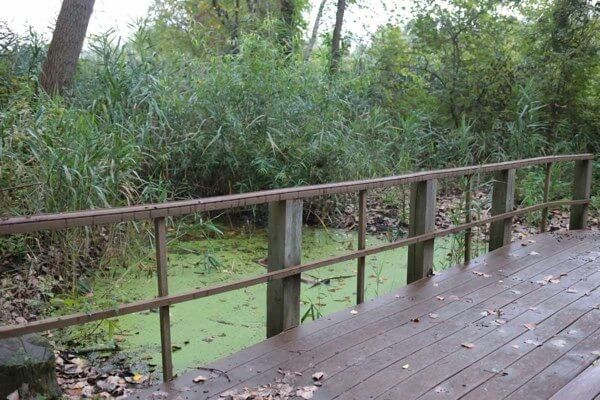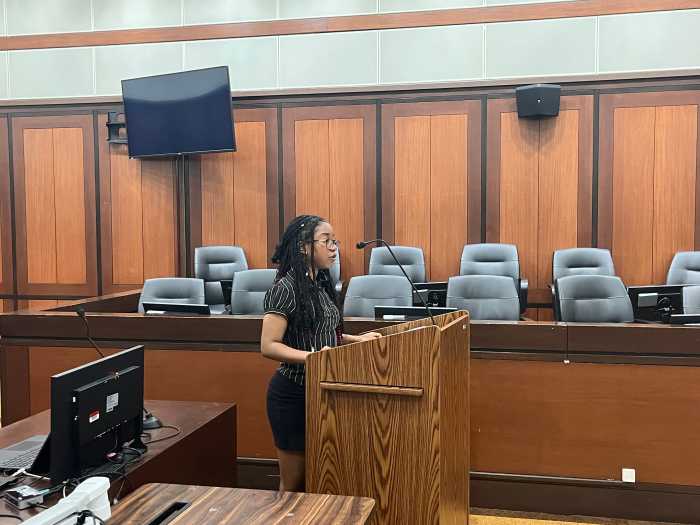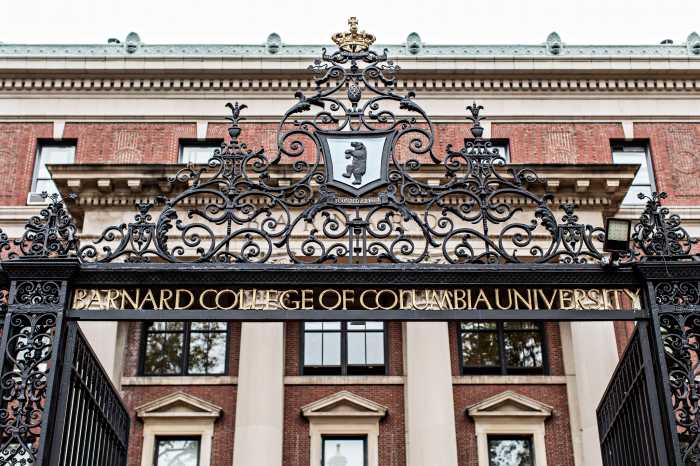By Mark Hallum
Udalls Cove Preservation Committee, hopeful it can make the park more accommodating to native wildlife, is launching a fresh effort to minimize the number of invasive species in the wetlands.
Bruce Stuart, vice president of the UCPC, said a number of tree and vine species from overseas are creating a mono-culture that is forcing out other plant and insect life that contributes to a healthy ecosystem. His organization is working with Dept. of Parks and Recreation to take the decades-long restoration effort to a new level.
“As we all know, New York City is a big immigrant community,” Stuart said. “Many people who came over had a fondness for their homeland, and if you were from Europe and you missed that Norway Maple because it looked so nice in your front yard and made such a nice shade, you would bring over a Norway Maple. If you were from Asia, you would bring over the Oriental Bittersweet because the berries are so pretty in the fall. Everybody brings what they’re familiar with in their homeland with them.”
Norway Maple will be a top priority for UCPC. The tree was attractive to those who brought it to the United States for the immense amount of shade it provides, but which also starves other species closer to the ground of sunlight. But the most damaging effect of the Norway Maple is the toxic substance it produces in the ground which kills trees and plants surrounding it.
Though it is not dangerous to humans, this species drives away insects as well.
The initiative will focus on an area known as the Udalls Cove Upland Preserve. The UCPC gave a donation to Parks to raise a coordinated effort toward this goal and hired a paid intern to complete vital tasks around the preserve.
“Invasive species out-compete many of our native plants. The result is a sterilized ecosystem. Maybe not totally, but at least partially because our native insects and our native birds are not adapted to feed off of the foreign species,” Stuart said.
Invasive species have not always been the first priority for the UCPC, which began their work in the 1970s to restore the land which is now Udalls Cove from the polluted, dumping ground for industrial waste it had been. Abandoned automobiles, appliances, everyday garbage, and “floatables” – refuse that washes ashore from boats and storm drains – had made the once pristine wetlands nearly uninhabitable for many species.
Reach reporter Mark Hallum by e-mail at mhall




































